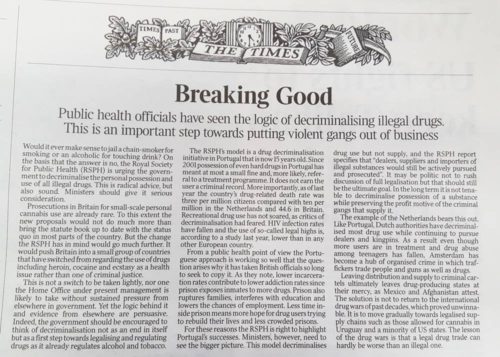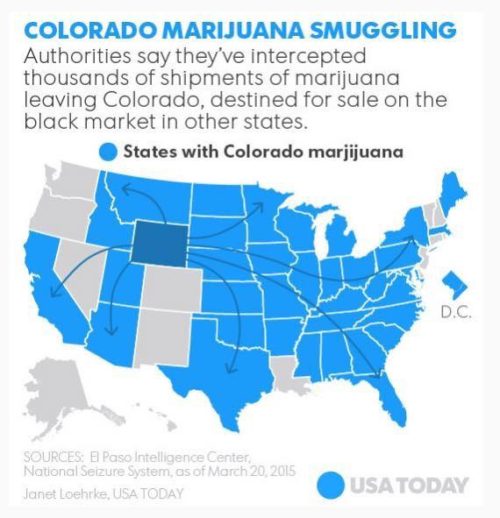In a 5-3 decision in Utah v. Strieff.
The Supreme Court ruled on Monday that evidence found by police officers after illegal stops may be used in court if the officers conducted their searches after learning that the defendants had outstanding arrest warrants. – New York Times […]
The case, Utah v. Strieff, No. 14-1373, arose from police surveillance of a house in South Salt Lake based on an anonymous tip of “narcotics activity†there. A police officer, Douglas Fackrell, stopped Edward Strieff after he had left the house based on what the state later conceded were insufficient grounds, making the stop unlawful.
Officer Fackrell then ran a check and discovered a warrant for a minor traffic violation. He arrested Mr. Strieff, searched him and found a baggie containing methamphetamines and drug paraphernalia. The question for the justices was whether the drugs must be suppressed given the unlawful stop or whether they could be used as evidence given the arrest warrant.
“Officer Fackrell was at most negligent,†Justice Thomas wrote, adding that “there is no evidence that Officer Fackrell’s illegal stop reflected flagrantly unlawful police misconduct.â€
The only good news – a blistering dissent by Sonia Sotomayor.
Read Sonia Sotomayor’s Atomic Bomb of a Dissent Slamming Racial Profiling and Mass Imprisonment
“This case allows the police to stop you on the street, demand your identification, and check it for outstanding traffic warrants—even if you are doing nothing wrong,†Sotomayor writes, in a dissent joined in part by Justice Ruth Bader Ginsburg. “If the officer discovers a warrant for a fine you forgot to pay, courts will now excuse his illegal stop and will admit into evidence anything he happens to find by searching you after arresting you on the warrant.†[…]
“By legitimizing the conduct that produces this double consciousness, this case tells everyone, white and black, guilty and innocent, that an officer can verify your legal status at any time. It says that your body is subject to invasion while courts excuse the violation of your rights. It implies that you are not a citizen of a democracy but the subject of a carceral state, just waiting to be cataloged.”
“We must not pretend that the countless people who are routinely targeted by police are “isolated.†They are the canaries in the coal mine whose deaths, civil and literal, warn us that no one can breathe in this atmosphere. They are the ones who recognize that unlawful police stops corrode all our civil liberties and threaten all our lives. Until their voices matter too, our justice system will continue to be anything but.”



